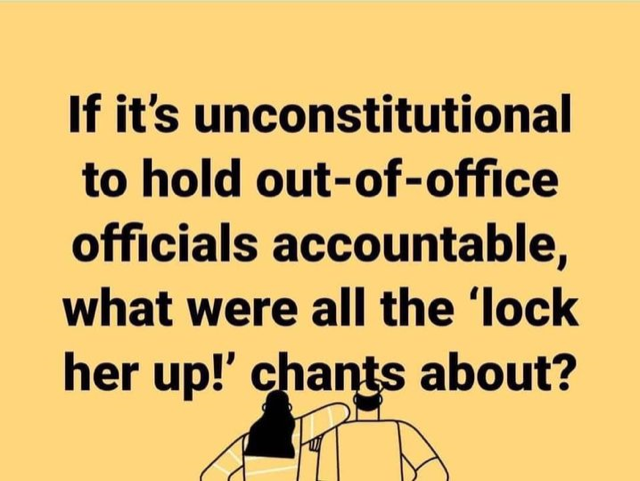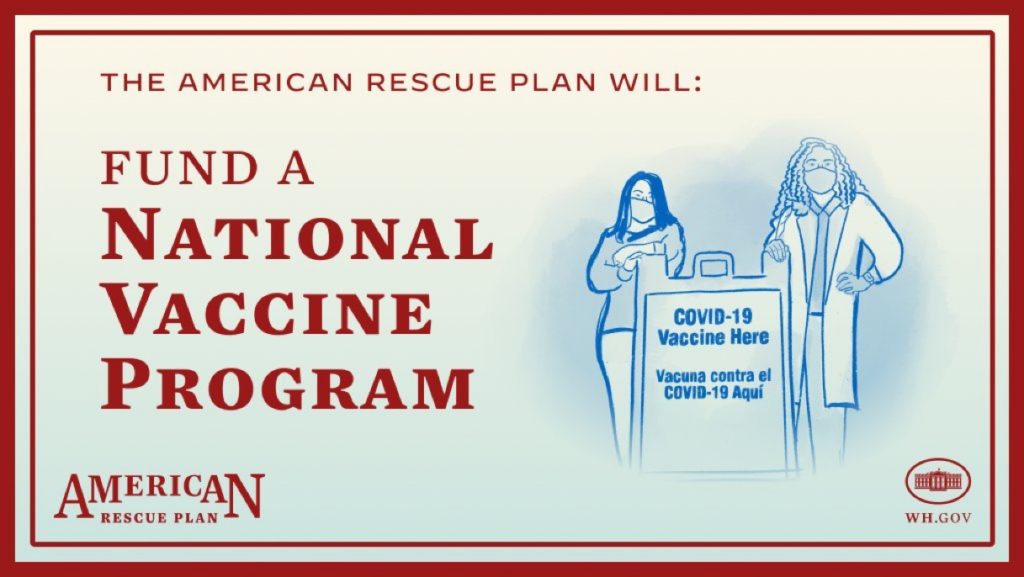You know the old saying – When the only tool is a hammer, everything looks like a nail. This is the perfect descriptor of policing in America today. Police are equipped like warriors, dress like warriors, are trained like warriors, and certainly act like warriors. Violence is often the first response to a police call, often with deadly consequences and completely unnecessary. Don’t get me wrong, police have a difficult and dangerous job; however, the range of responsibilities of police are far too broad, and personnel are woefully untrained for a lot of them.
How did we get here? It’s taken a long time to screw up a vital function this badly. Setting aside some of the origins of US policing in slave patrols to protect slave owners, policing has grown from its origins in the 19th Century to today where it has been militarized, and expanded to the point that it handles everything from domestic violence, to mass shootings, to mental health treatment.
The mental health role was forced on municipal police forces beginning in the early 1980s when Reagan ceased funding federal mental health programs, pushed those programs to the states, but left them unfunded. To deal with the mentally unstable, municipalities expanded policing to manage it, making jails the first place those suffering from mental problems are detained. Today, 15% of men, and 30% of women booked into jails have serious mental health problems. Making matters worse, police training in general and in mental illness specifically, is woefully inadequate. That’s why many encounters with those suffering from mental illness end in violence and even death of the victims.
Sending police to deal with mental illness and emotional problems is like sending in the Marines to unplug someone’s toilet. The mismatch is that bad. Like last week in Rochester NY, police pepper sprayed a sobbing and handcuffed 9 year old. On the video of the assault, you can hear one officer say, “This is taking too long,” just before the child was sprayed. There is simply no excuse for this kind of violence especially against children. Add race to the mix, and the violence almost always escalate. AND, this kind of violence is more the norm than the anomaly.
It doesn’t have to be this way. Period. Last summer’s “Defund the Police” movement tried to address this precise issue, but was inarticulate and then converted to a bludgeon by conservative to beat reformers with after every instance of violence during demonstrations against police brutality. Denver is handling this issue differently, with a new pilot programs that is dealing with mental and emotional issues without the violence normally associated with police response. Called the Support Team Assisted Response (STAR) program, specifically trained mental health professionals are dispatched to non-violent police calls; police stand back and let them work whatever issues they dealing with. Starting in June of last year, the team has responded to 748 mental health calls. Of those 748 calls, not ONE resulted in violence or arrests, or even require police intervention. Denver is expanding the pilot program.
The great results from programs like STAR are that 1) people get the help they need; 2) they don’t end up in jail or assaulted; 3) the police like it because it’s one less thing they have to deal with. Police do need to be defunded, but not how opponents to reform try to frame it. If you take this funding for mental health treatment out of the police budget and put it into social services, where it belongs, it frees up police to actually do police work, it reduces overcrowding in jails, and it has the most important feature that fewer people who encounter police will be assaulted or even killed.
We still must de-militarize police which includes taking away the armored vehicles, military weapons, and even the black uniforms. We must increase foot patrols and neighborhood policing and re-engage police with communities. Part of this reform must including increasing training, increasing police wages, AND requiring police to live in the communities where they police. These practices have proven to have huge benefits.
It’s long past time to fix policing in the US. We even know how to do it – we now need elected leaders who will make it happen. Let’s not take the hammer out of the toolbox; let’s add the other tools we need.

